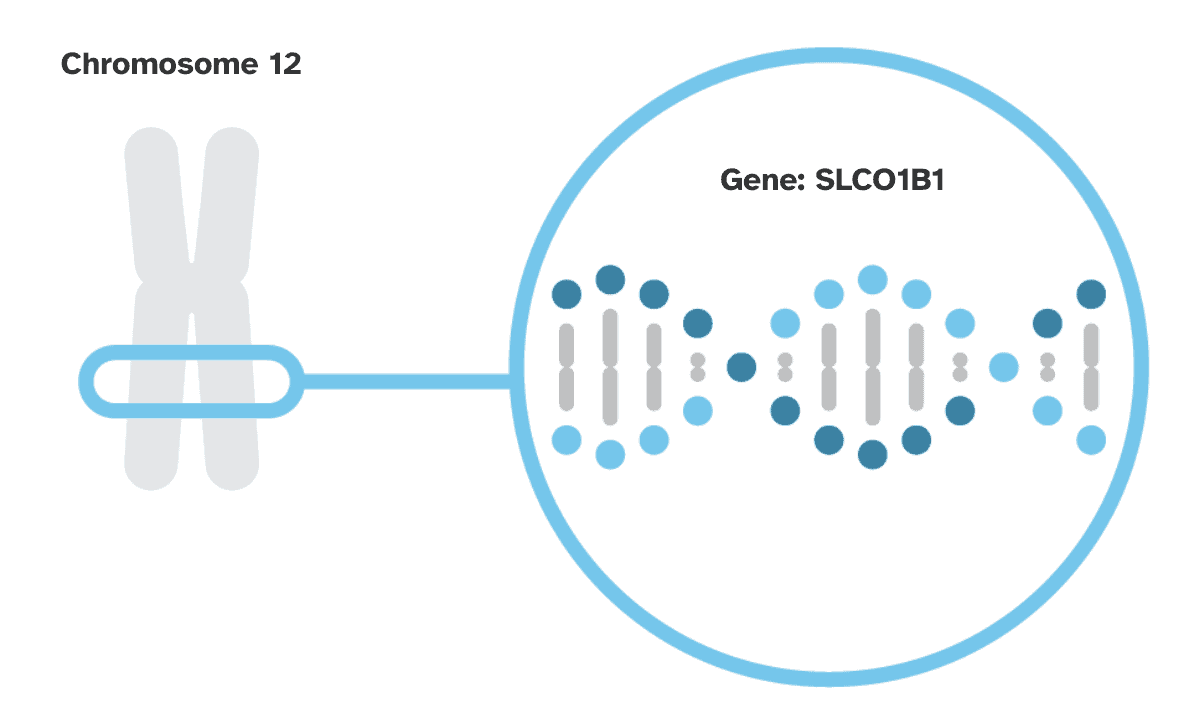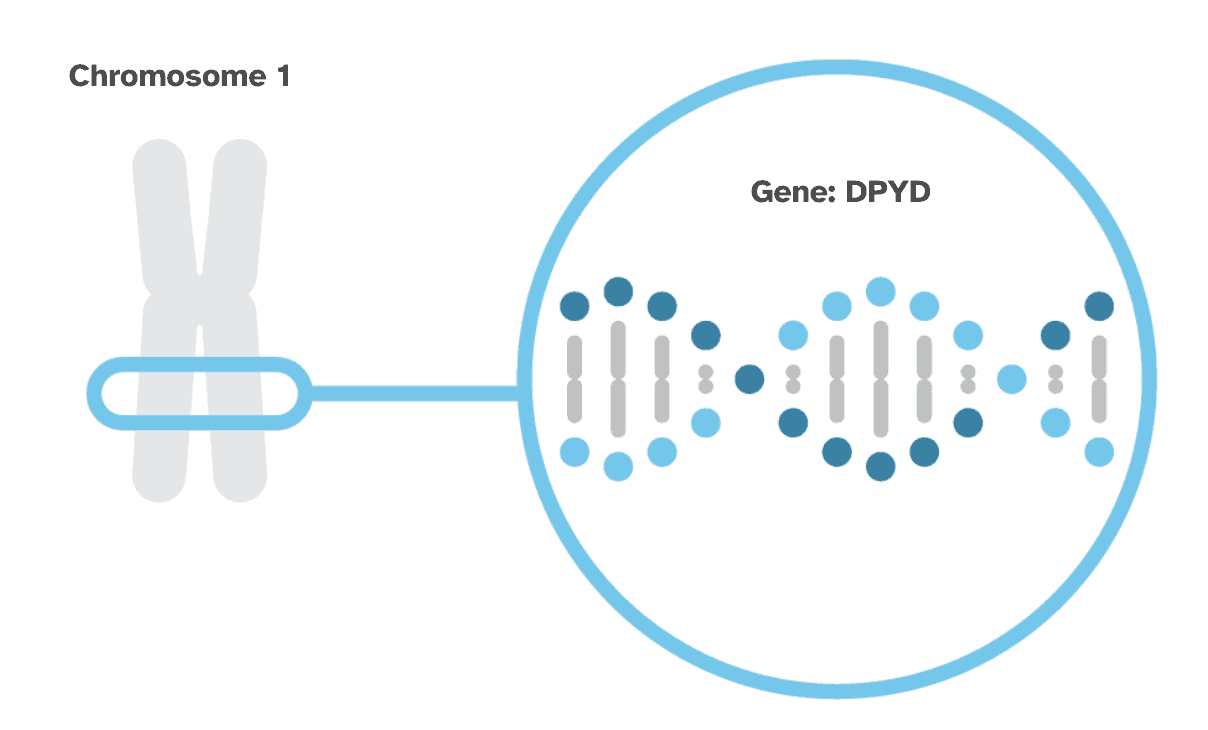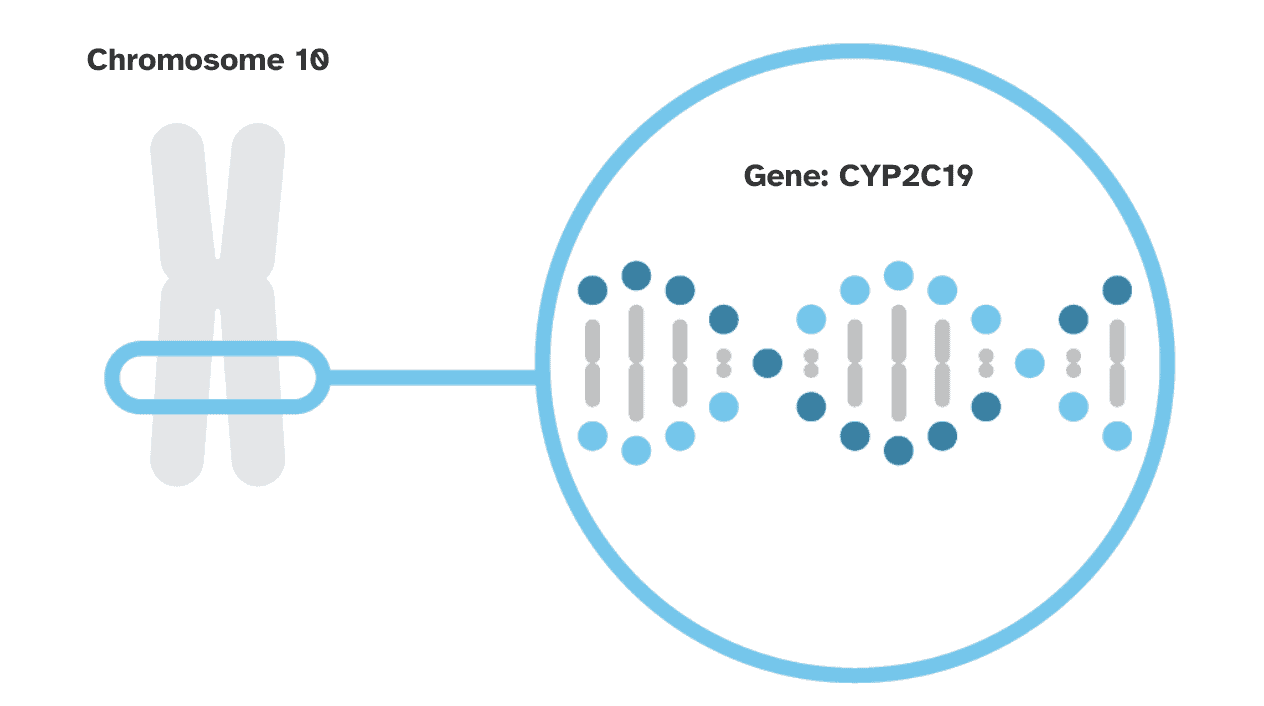Let’s talk aboutPharmacogenetics
Learn how DNA can impact how our bodies process certain medications.
Showing 3 of 3

SLCO1B1 Drug Transport
Learn about SLCO1B1 drug transport and how genetics may play a role.
Read more - about SLCO1B1 Drug Transport
DPYD Drug Metabolism
Learn about DPYD drug metabolism and how genetics may play a role.
Read more - about DPYD Drug Metabolism
CYP2C19 Drug Metabolism
Learn about CYP2C19 drug metabolism and how genetics may play a role.
Read more - about CYP2C19 Drug Metabolism
The Importance of Pharmacogenetics
Pharmacogenetics is a big word for a simple idea — your ability to process certain medications can be influenced by your genetics**. Many factors influence how people process medications, such as age, weight, liver and kidney function, and drug-drug interactions.
For some medications, genetic factors can also play a role. In general, your body needs to transport and metabolize medications in order for them to work safely. Specific DNA variants in specific genes can alter the body’s ability to do this for some medications. People who have these variants may process certain medications faster or slower than normal.
Many commonly used medications may be affected by well-studied, actionable DNA variants. These medications include treatments for heart disease, mental health conditions, cancer and other diseases. Through the general population, the majority of people have at least one DNA variant that may influence how they process one or more medications.
**23andMe PGS Pharmacogenetics reports: The 23andMe test uses qualitative genotyping to detect 3 variants in the CYP2C19 gene, 2 variants in the DPYD gene and 1 variant in the SLCO1B1 gene in the genomic DNA of adults from saliva for the purpose of reporting and interpreting information about the processing of certain therapeutics to inform discussions with a healthcare professional. It does not describe if a person will or will not respond to a particular therapeutic and does not describe the association between detected variants and any specific therapeutic. Our CYP2C19 Pharmacogenetics report provides certain information about variants associated with metabolism of some therapeutics and provides interpretive drug information regarding the potential effect of citalopram and clopidogrel therapy. Results for SLCO1B1 and DPYD and certain CYP2C19 results should be confirmed by an independent genetic test prescribed by your own healthcare provider before taking any medical action. Warning: Test information should not be used to start, stop, or change any course of treatment and does not test for all possible variants that may affect metabolism or protein function. The PGS test is not a substitute for visits to a healthcare professional. Making changes to your current regimen can lead to harmful side effects or reduced intended benefits of your medication, therefore consult with your healthcare professional before taking any medical action. For important information and limitations regarding Pharmacogenetic reports, visit www.23andMe.com/test-info.